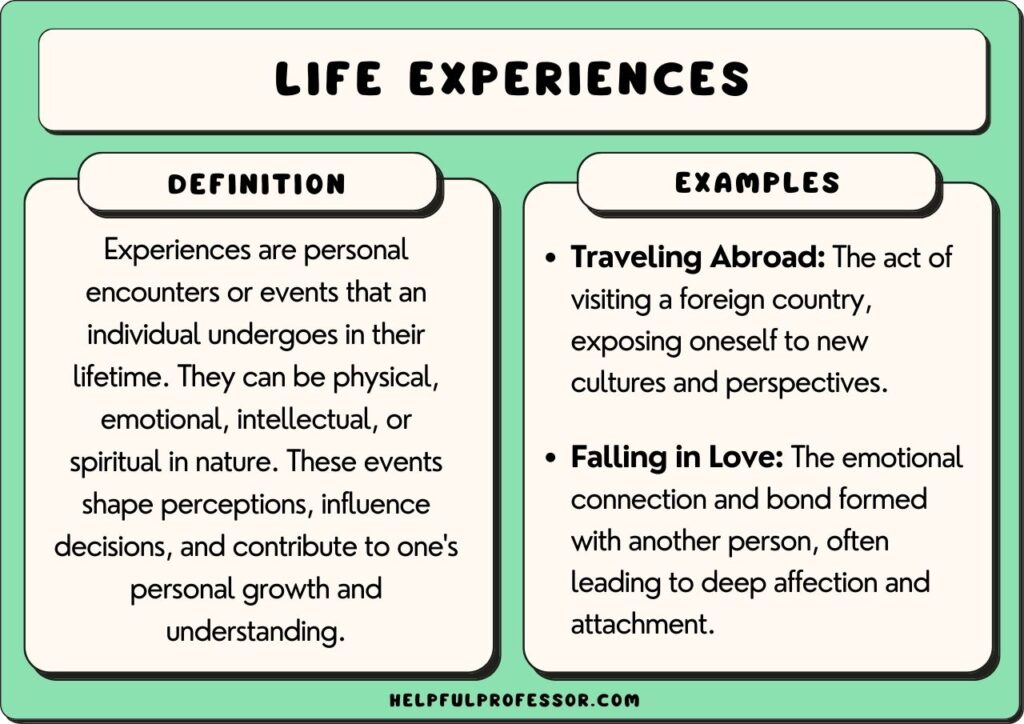The profundity of mystical experiences has captivated human beings across cultures and epochs. Frequently described as transitory moments of sublime connection, these encounters often elude the simplistic definitions of conventional experiences. They usher individuals into realms where transcendent realities interplay harmoniously with mundane existence, leaving behind an indelible mark on the psyche. Such encounters not only inspire profound personal transformation but also serve as a canvas upon which the divine is intricately painted. Within the context of Bahá’í teachings, mystical experiences assume both significance and profundity, inviting individuals to delve deeper into the fabric of the universe and their intimate relationship with the Creator.
Historically, the emphasis on mystical experiences has permeated religious traditions from the ancient through to the modern. While the particulars may differ, the universal allure of the divine connection remains a constant thread. In Bahá’í belief, these experiences symbolize an individual’s capacity for spiritual awakening. The concept of divine encounter serves as a cornerstone for understanding the richness of one’s inner life and relationship with the divine. Indeed, mysticism in the Bahá’í faith can be interpreted as a catalyst for transformative personal and communal experiences.
Spiritual transformation is, by nature, a multifaceted phenomenon. In Bahá’í teachings, this transformation is understood within the framework of progressive revelation—a concept signifying the continuous unfolding of divine guidance through a succession of prophets. Each has imparted wisdom that resonates across time and culture. Embracing this principle, one can recognize mystical experiences as more than mere anomalies; they represent opportunities to engage with divine wisdom that transcends the limitations of ordinary consciousness.
Often, individuals report a sense of expansiveness during mystical experiences. This sense of interconnectedness can evoke feelings of unconditional love, compassion, and unity with all of creation. Such experiences often prompt a reevaluation of life’s purpose and a reconsideration of one’s role within the cosmos. The teachings of Bahá’u’lláh, the founder of the Bahá’í Faith, emphasize that humanity is fundamentally interconnected and that a shift in perception leads to collective advancement. Therefore, mystical experiences can be interpreted as invitations to engage authentically with this awareness, fostering unity and a sense of global citizenship.
Moreover, mystical experiences in the Bahá’í context can act as gateways to a deeper understanding of divine attributes. For instance, individuals often perceive divine beauty, wisdom, and love during moments of mystical awareness. Such perceptions invoke the Bahá’í teaching that every soul is a reflection of God’s attributes; thus, these experiences allow individuals to connect with the divine essence that resides within themselves and others. This understanding instigates a profound shift: what becomes evident is not merely the pursuit of personal enlightenment, but a collective aspiration toward the betterment of humanity.
Conversely, the allure of mystical experiences raises pertinent questions. The phenomenon of seeking such experiences can sometimes lead to escapism or a misunderstanding of their true purpose. In Bahá’í thought, the pursuit of mysticism is not an end in itself; instead, it serves as a means of empowerment and renewed commitment to the principles of service and justice. Engaging with the divine, therefore, should be accompanied by a commitment to the advancement of social causes. This simultaneous focus on spirituality and action embodies the ideals of the Bahá’í Faith, which seeks the coalescence of personal transformation with collective societal progress.
Critically, one must consider how the modern landscape, characterized by materialism and skepticism, influences the perception of mystical experiences. In the Bahá’í view, the essence of spirituality, including mystical encounters, remains crucial in an age ripe with distractions. These experiences provide a counterbalance to contemporary life’s tumult and foster greater awareness of spiritual realities. Individuals drawn to the Bahá’í teachings may find validation in their own spiritual pursuits, realizing that such experiences are not only acceptable but indeed celebrated.
Recent research into neurobiology has begun to shed light on the mechanisms underlying mystical experiences, revealing complexities that juxtapose ancient spiritual insights with modern scientific understanding. This nexus invites Bahá’ís to explore the intersection of science and spirituality. The cultivation of this dialogue can yield powerful avenues for both internal and external transformation. Rather than rejecting scientific inquiry, the Bahá’í teachings advocate for a harmonious integration of faith and reason, embodied in the spirit of inquiry regarding mystical phenomena.
As individuals reflect on their own experiences with the mystical, they are encouraged to seek community validation and support. Ultimately, mystical experiences are not solitary endeavors; they thrive in communal contexts, fortified through shared discussions and fellowship. The shared narratives of transformation can inspire others on their paths, creating a tapestry of understanding that enhances communal bonds. Bahá’í communities can thus become sanctuaries for individuals to explore their spiritual depths without fear of marginalization. This notion is critical in emphasizing the importance of collective spiritual growth.
In conclusion, the quest for understanding mystical experiences through the lens of Bahá’í teachings encapsulates a richer spectrum of human experience. While individual encounters with the divine may vary widely, the teachings provide an empowering framework through which such experiences may be perceived, interpreted, and articulated. They inspire individuals to move beyond personal transcendence towards meaningful engagement with society. Ultimately, the intersection of individual and collective experiences paves the way for a profound and deeply interconnected journey—a journey that holds the promise of personal illumination and societal advancement, drawing humanity ever closer to the divine.
